The US Supreme Court has issued a ruling in a 6-3 vote along party lines that urban communities can restrict homeless people from occupying camps.
It has been the court’s most important decision on vagrancy since the 1980s when numerous specialists say the contemporary US homeless emergency started.
Local Governments
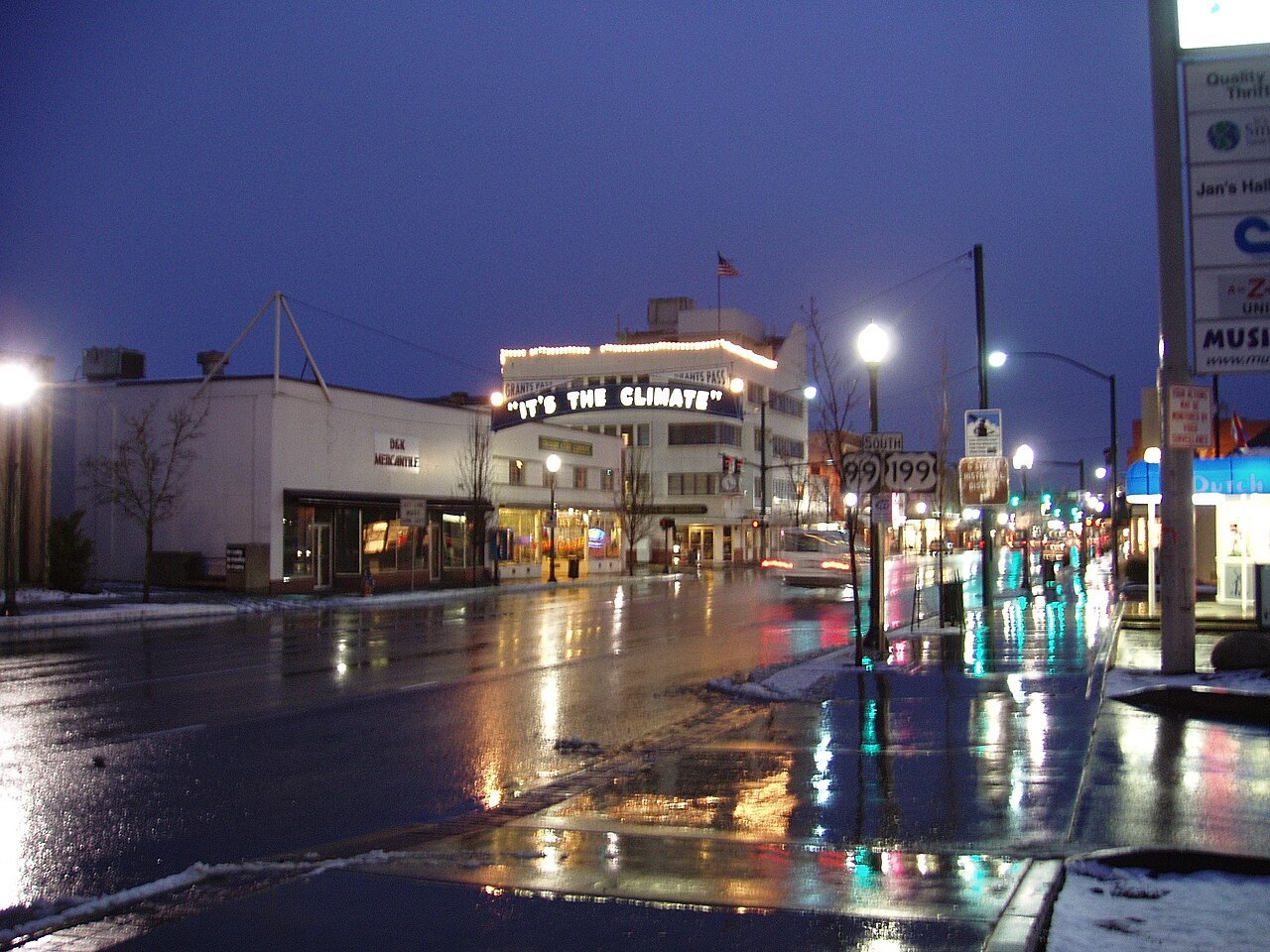
The decision says that local governments can authorize regulations against individuals sleeping openly without disregarding the US Constitution’s limits on cruel and unusual discipline.
The case began in the small city of Grants Pass, Oregon, where three homeless people sued following receiving citations for sleeping and setting up camps outside.
April Hearing
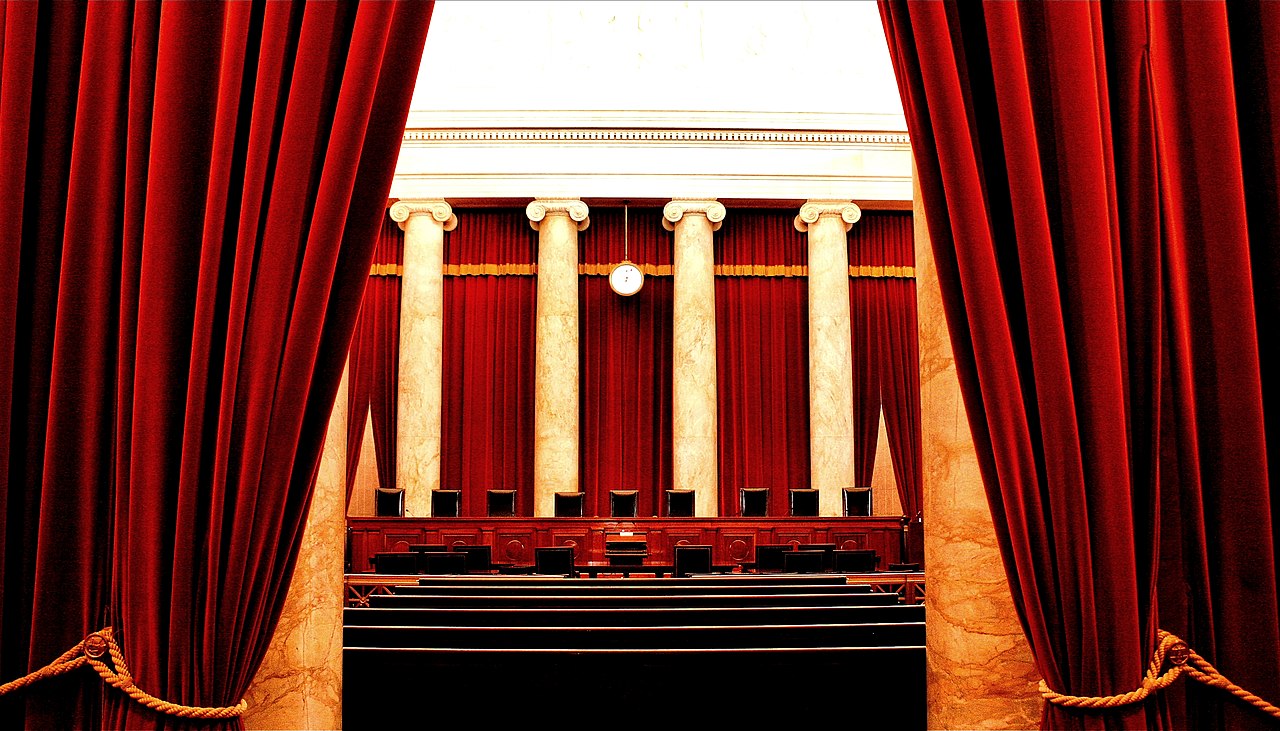
At a Supreme Court hearing in April, the city contended that criminal punishments were important to uphold neighborhood regulations prohibiting homeless people from public spaces for “reasons of cleanliness and safety”.
Because the city did not have any public shelters, the homeless residents claimed that the penalties were in violation of the Eighth Amendment of the United States Constitution.
Conservative Majority
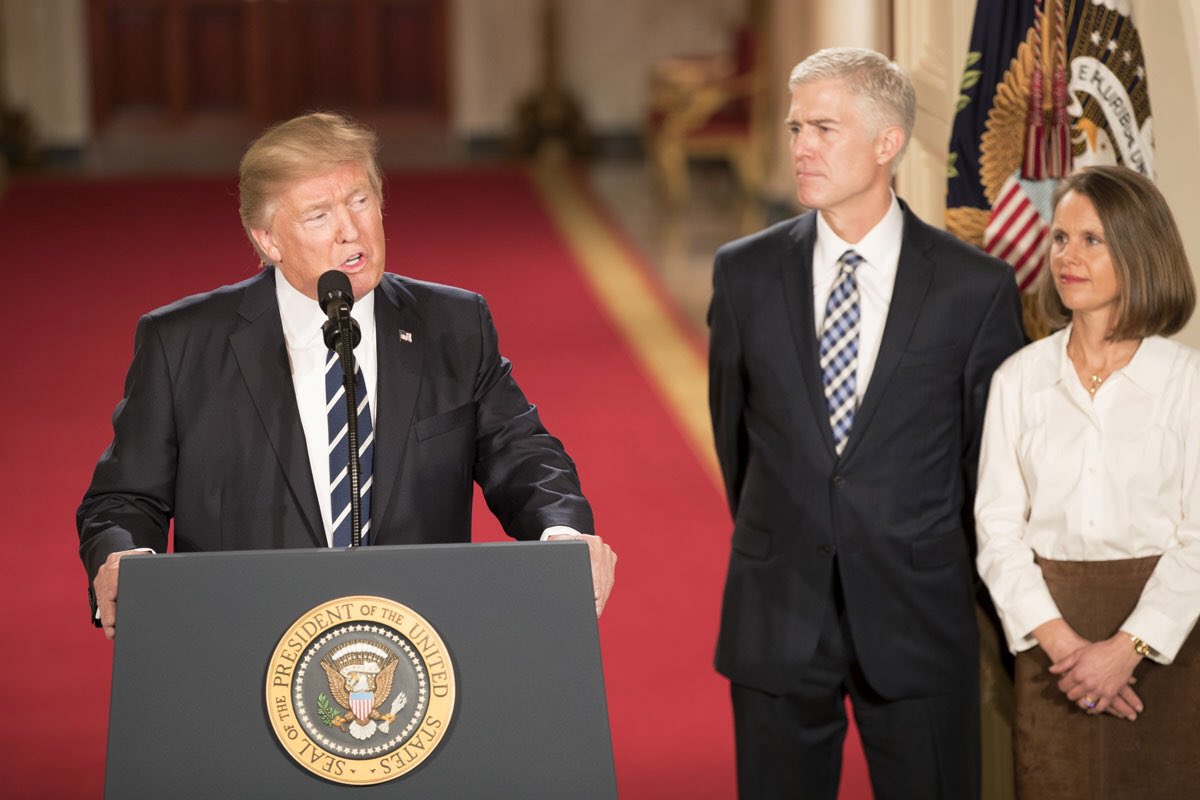
In a statement for the conservative majority given on Friday, Justice Neil Gorsuch wrote that the city’s guidelines on setting up camps don’t cause “terror, pain or disgrace”.
He went on to say that the law does not make the “mere status” of being homeless a crime and that the ban is more about what people do than their status alone.
Justice Remarks
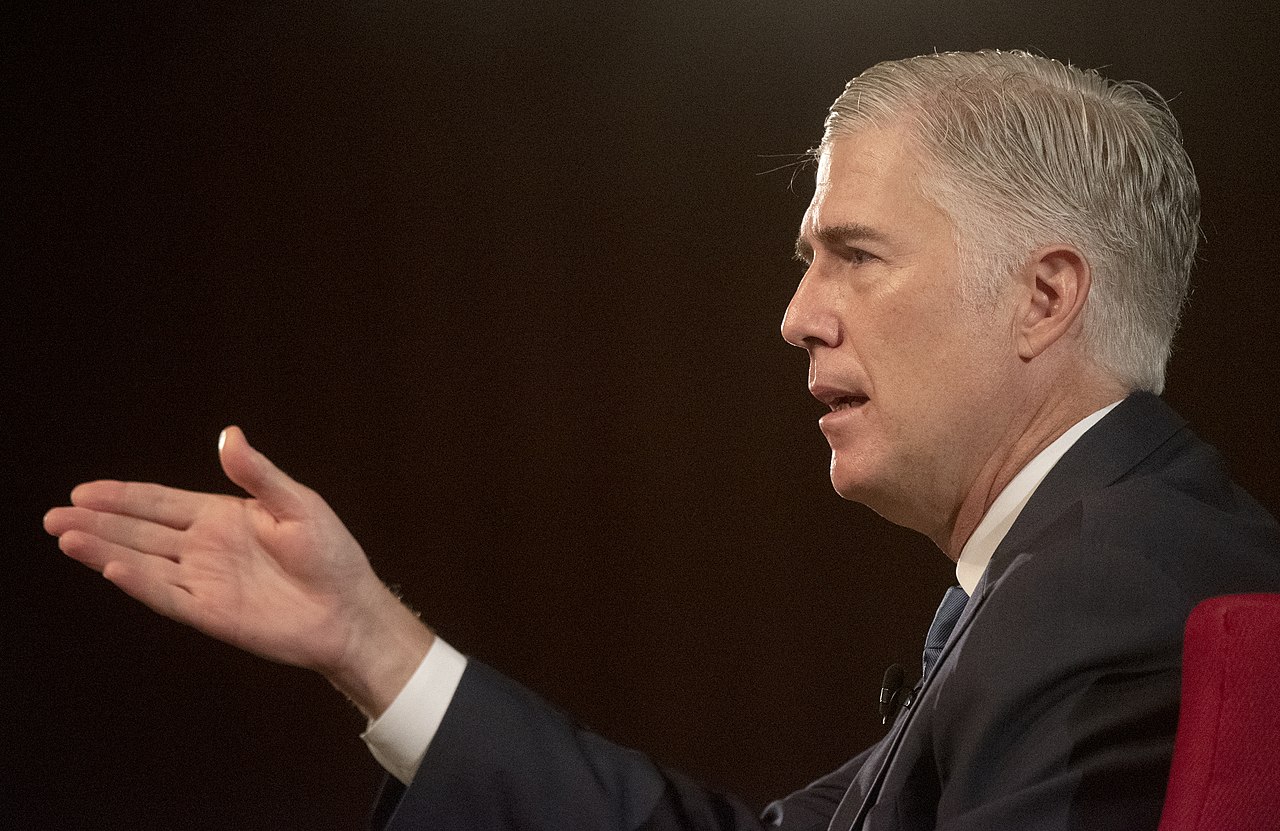
According to Justice Gorsuch’s remark, “Under the city’s laws, it makes no difference whether the charged defendant is homeless, a backpacker on vacation passing through town, or a student who abandons his dorm room to camp out in protest on the lawn of a municipal building.”
Justice Sonia Sotomayor, writing for the three disagreeing liberal judges, stated: “Sleep is a biological necessity, not a crime. Homelessness is a reality for so many Americans.”
Welcoming Decision
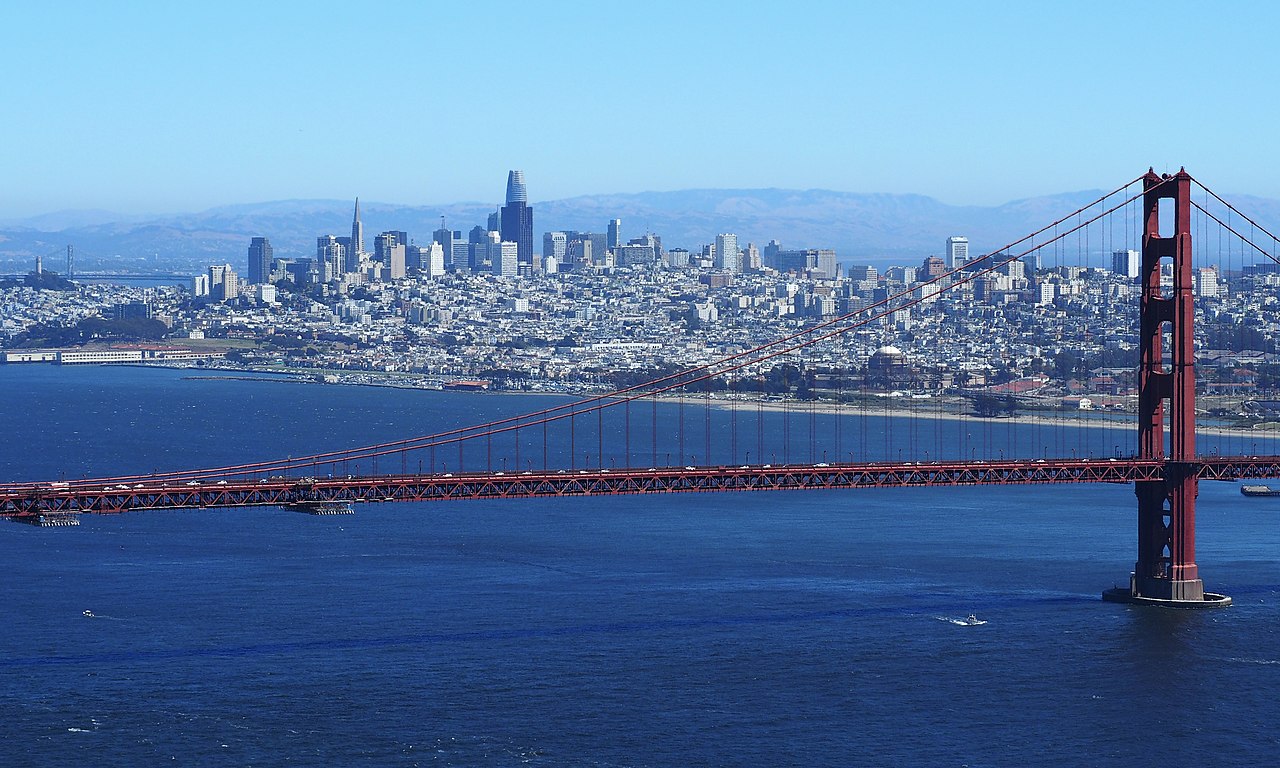
A few urban communities provided statements inviting the decision. The city of Grants Pass, which is at the center of the legal dispute, stated that city leaders would meet with their lawyers to discuss the next steps.
San Francisco stated that it would assist cities “manage our public spaces more effectively and efficiently.”
Homelessness Emergency
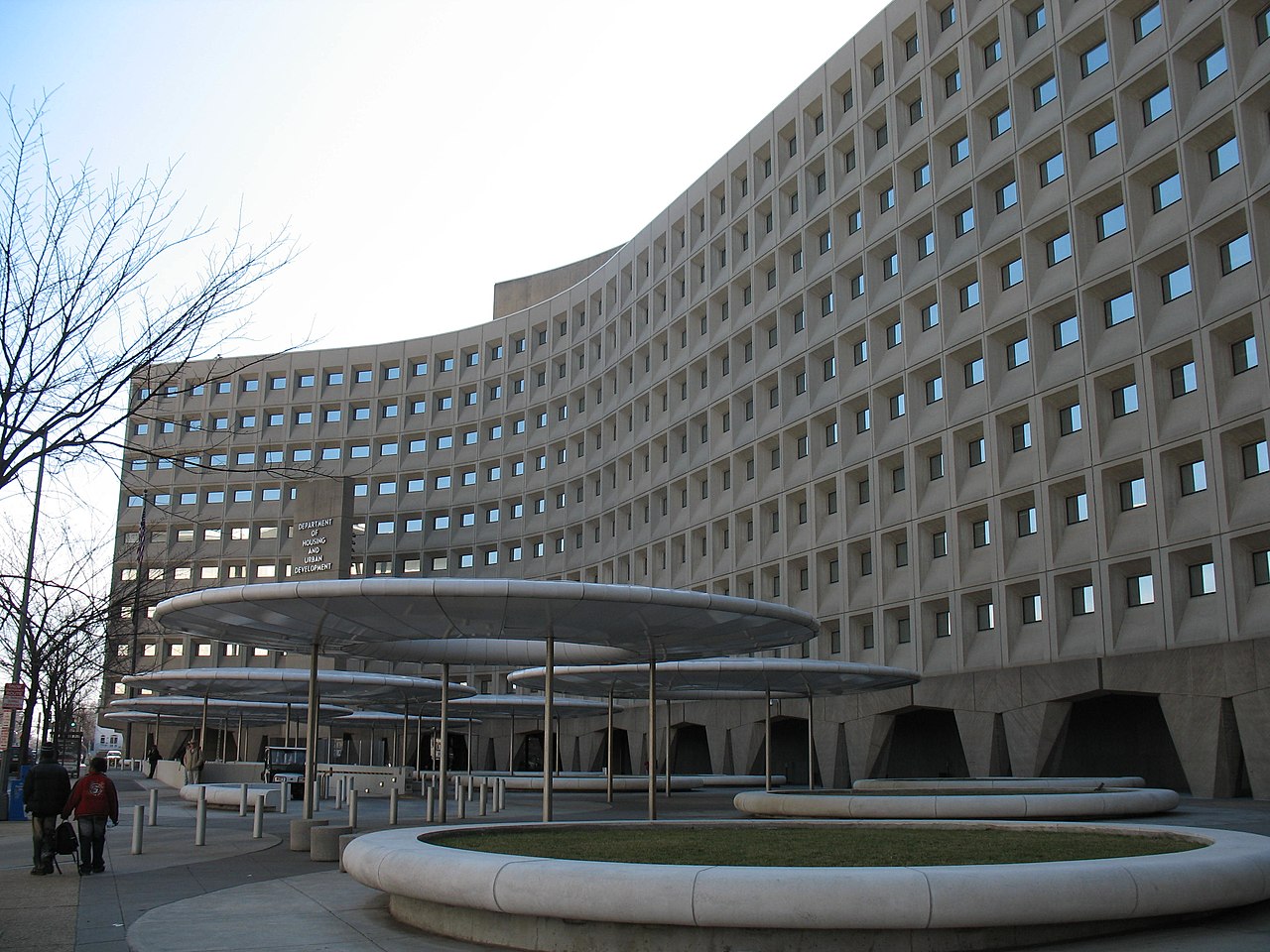
In the United States, homelessness is on the rise as a result of a persistent lack of affordable housing. Around 653,000 individuals didn’t have homes in 2023, the biggest number since tracking started in 2007, as per US government figures.
There were likewise an expected 256,000 individuals living without shelter on a given night in the nation over last year, as indicated by the Department of Housing and Urban Development.
“Dangerous Precedent”
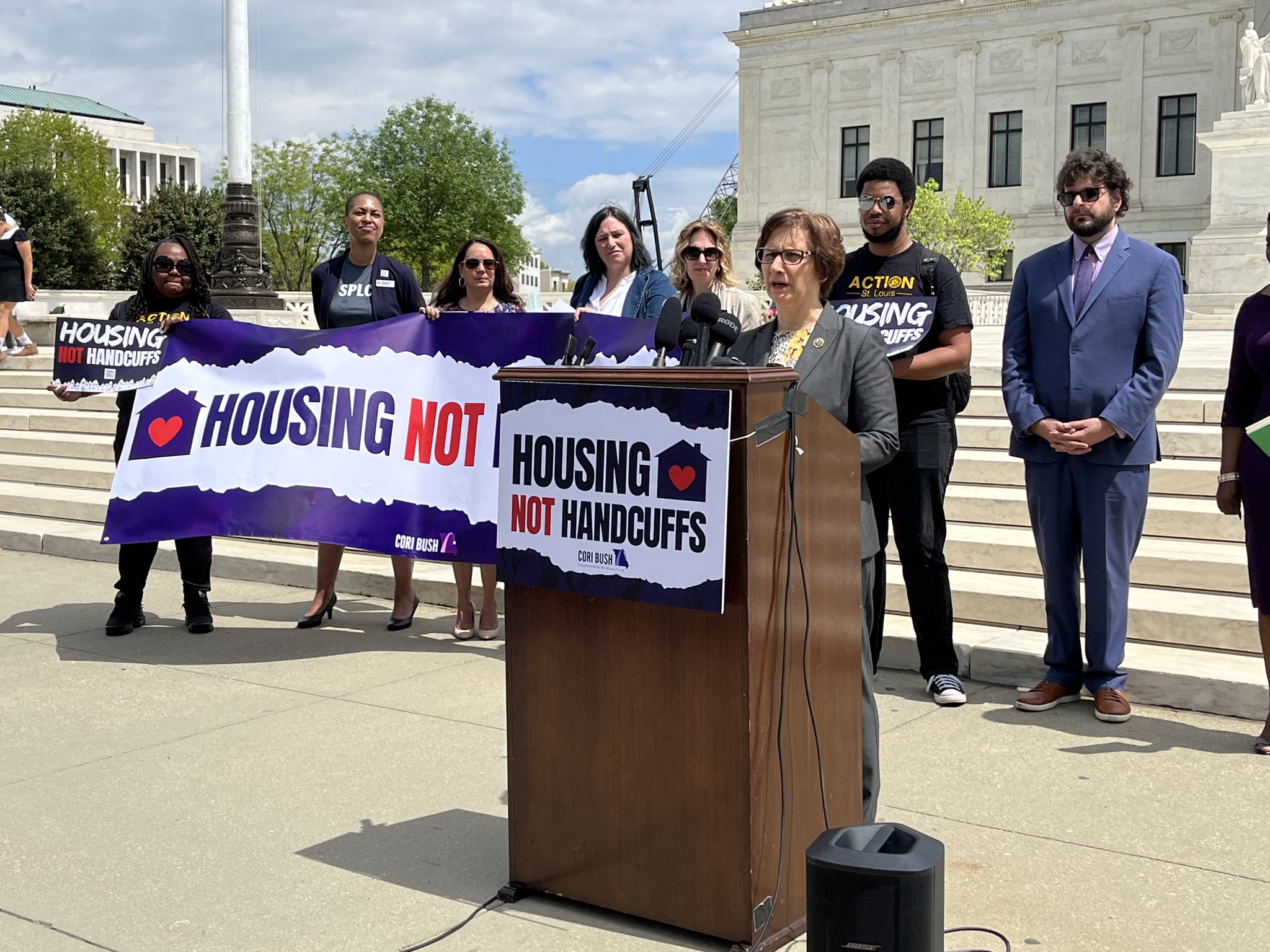
Responding to the decision, the National Alliance to End Homelessness said it “sets a dangerous precedent that will cause undue harm to people experiencing homelessness and give free reign to local officials who prefer pointless and expensive arrests and imprisonment, rather than real solutions.”
Grants Pass’ populace has multiplied to 40,000 over the past 20 years, however, its availability of affordable or public housing has not.
Grants Pass

Town authorities answered this crisis by passing regulations that fined individuals for sleeping or setting up camp out in the open. After some time, those fines piled up, totaling thousands of dollars for some.
Three homeless people then sued the city as they were unable to pay for the fines. Their claim arrived at the Ninth Circuit Court of Appeals, which concluded in 2022 that the limitations in Grants Pass were tight to such an extent that they added up to a successful prohibition on being homeless inside city limits.
Idaho Case
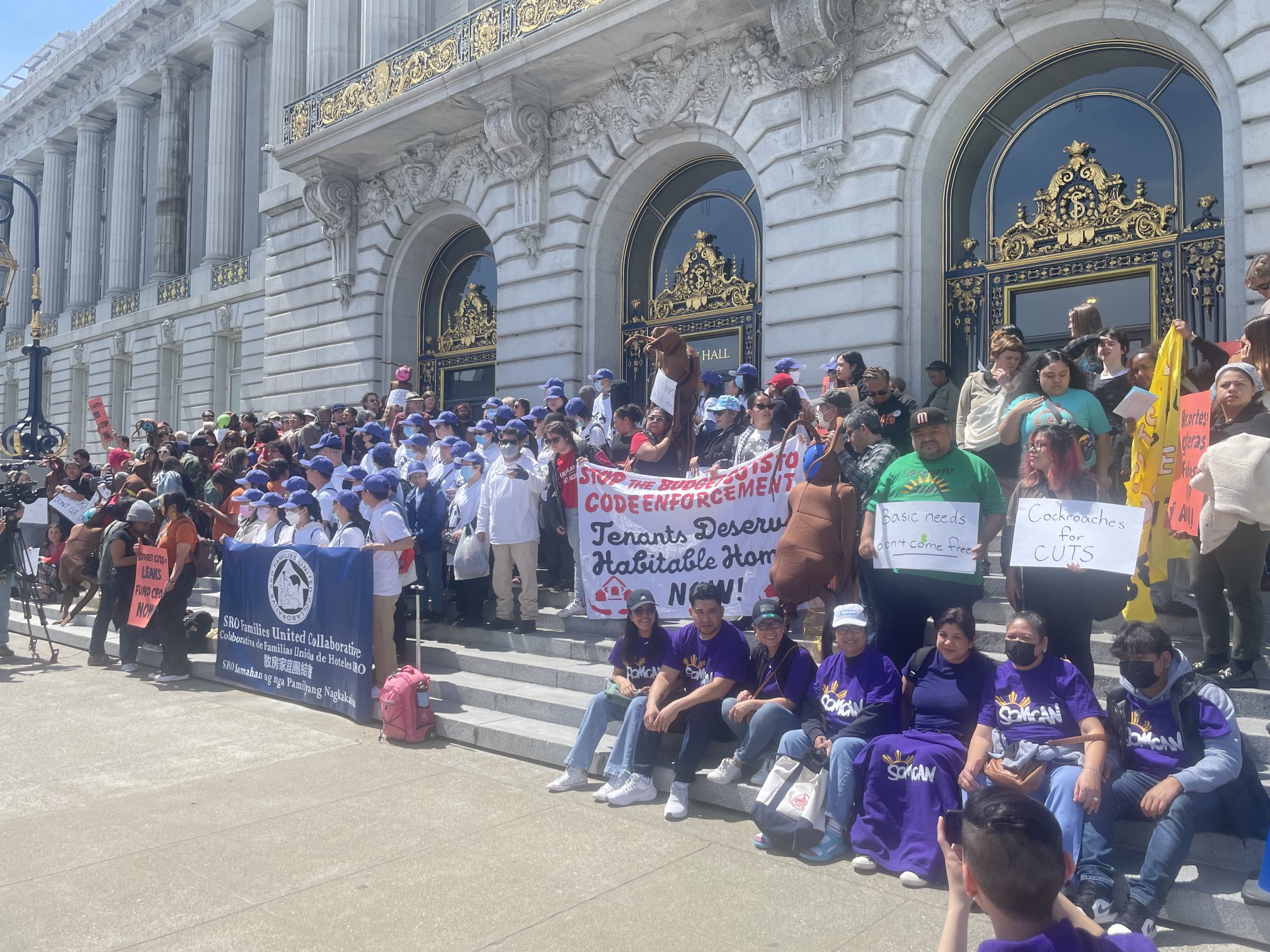
The court had decided four years previously in a comparative case in Idaho that the constitution “bars a city from prosecuting people criminally for sleeping outside on public property when those people have no home or other shelter to go to.”
Jennifer Friedenbach, of the Coalition on Homelessness in San Francisco, said that money and resources ought to “go towards getting folks off the streets”.
“Exacerbates Homelessness”
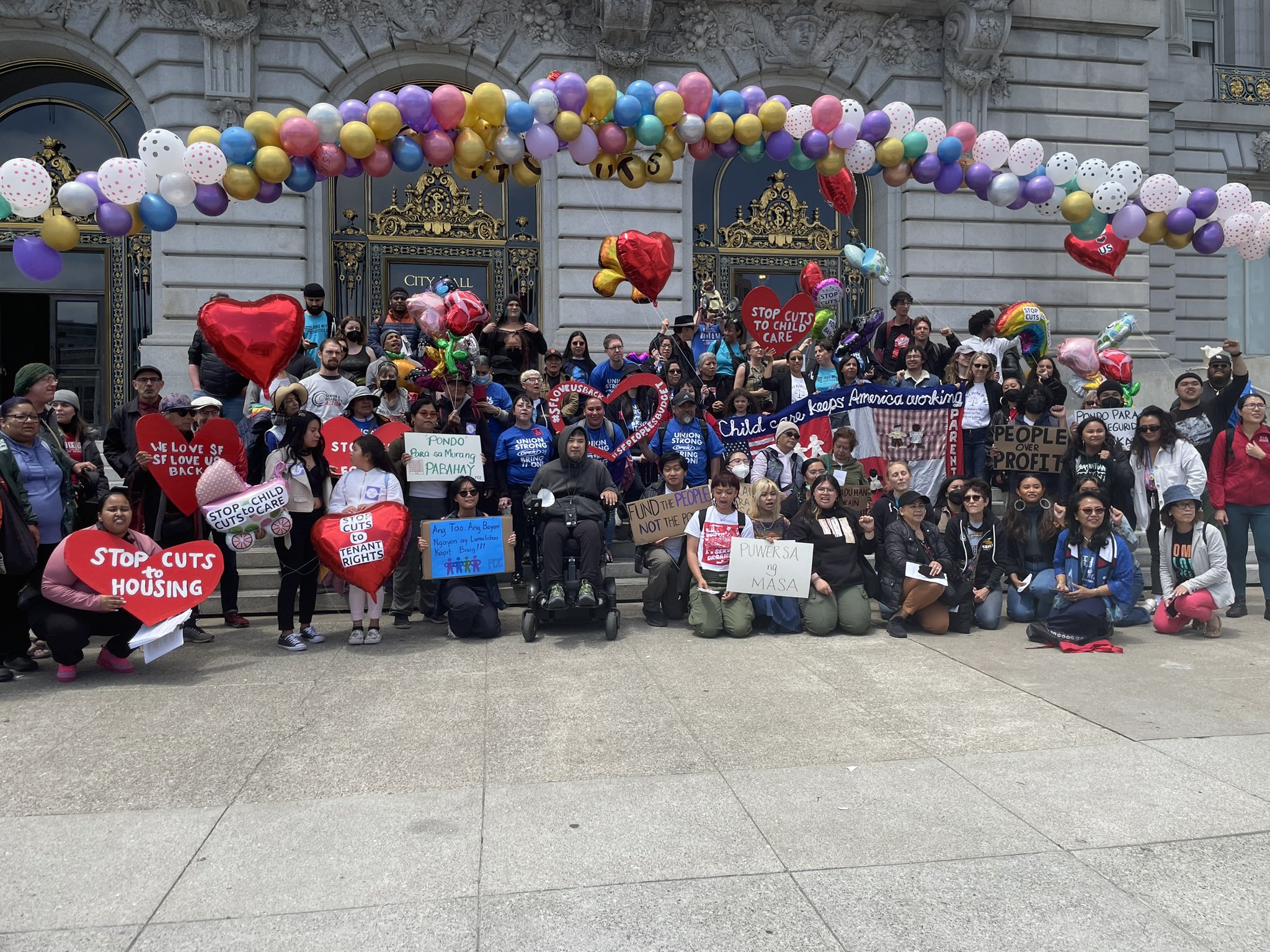
Friedenbach went on to say: “What we know is that arresting and fining people for being homeless doesn’t work”
“It doesn’t get anybody off the streets. It wastes municipal resources, and it exacerbates homelessness.”
Future Implications
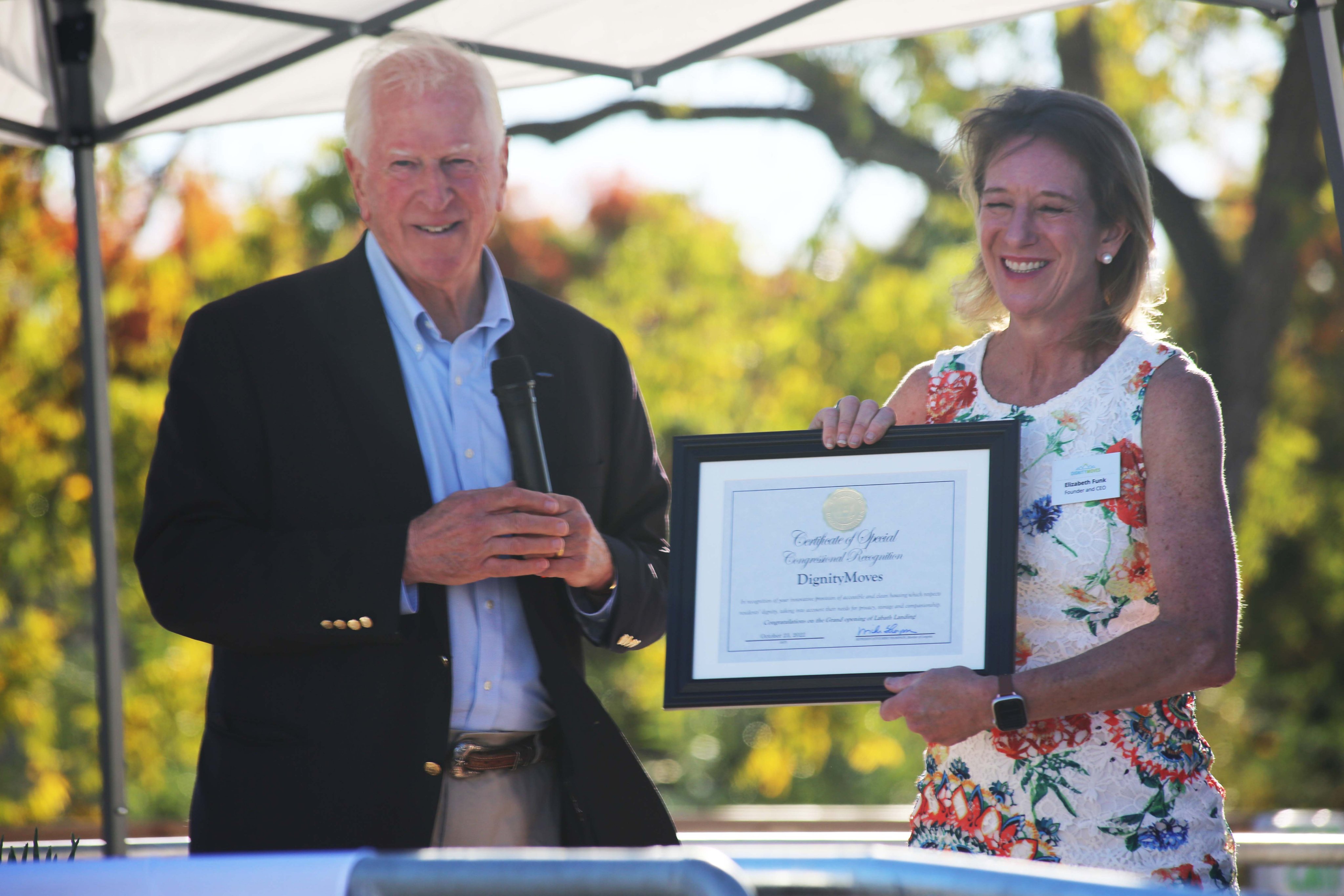
The Supreme Court’s Grants Pass ruling will presently permit urban communities to go to additional extreme lengths without the apprehension of being faced with legal repercussions.
According to Elizabeth Funk, founder of DignityMoves, a non-profit dedicated to the elimination of unsheltered homelessness, the first issue with incarcerating homeless individuals is that it is extremely costly.
Additionally, once released from jail, the individual remains homeless and is now even less likely to be hired due to their criminal record.
